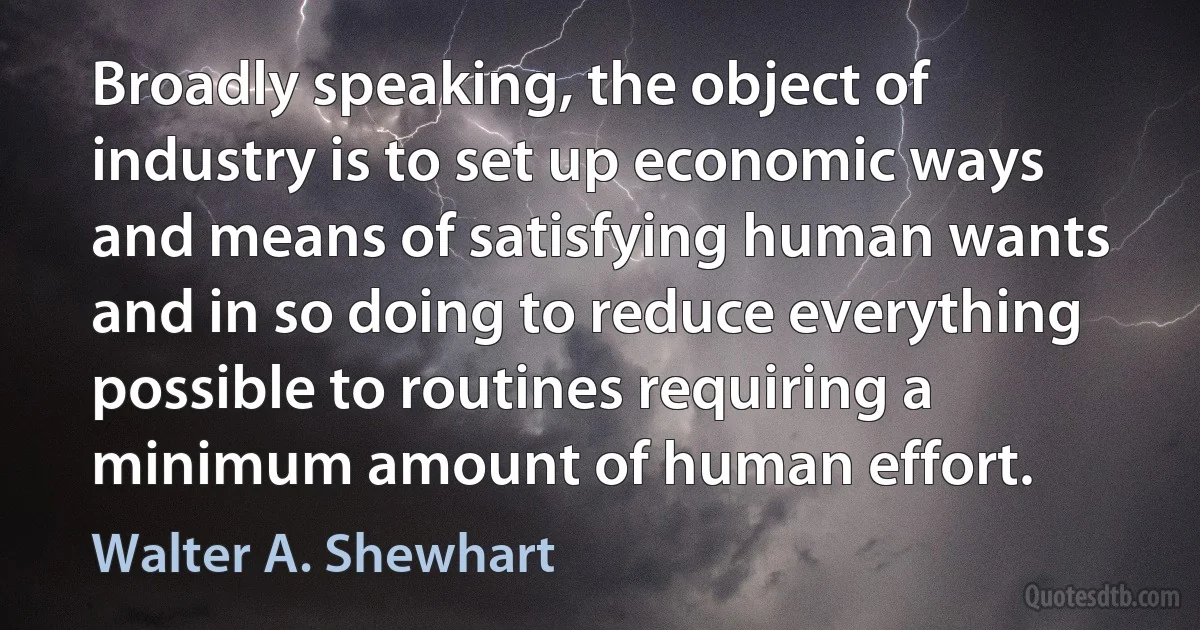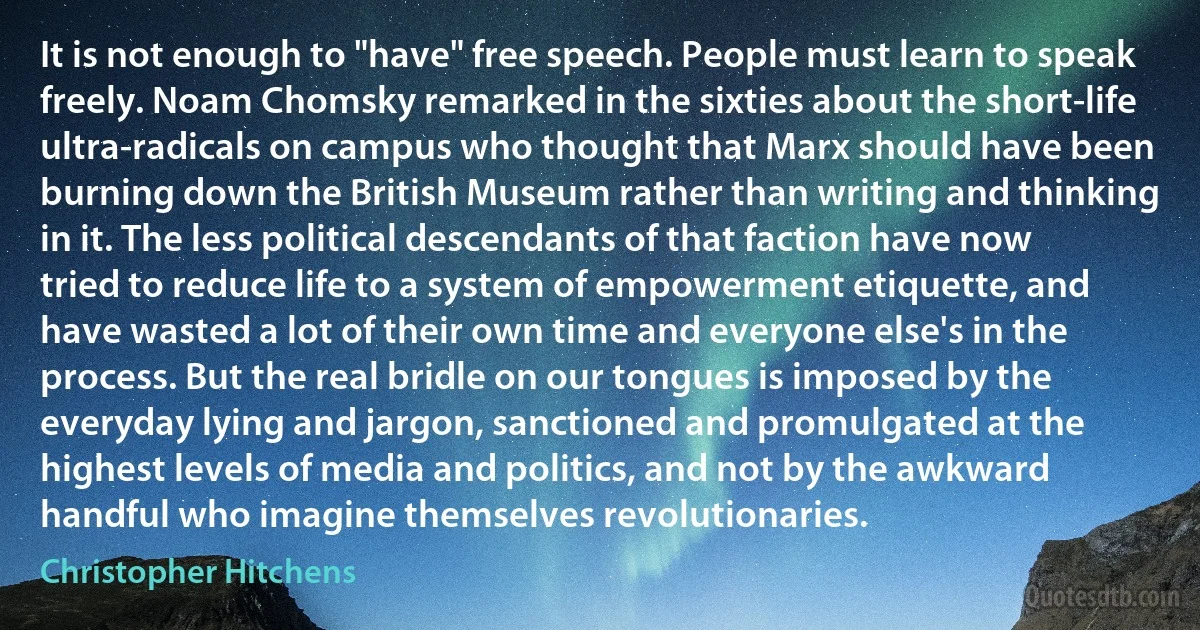Reduce Quotes - page 11
First he must gain control over his thoughts, the progeny of the restless, unruly mind, hard to curb as the wind. (Bhagavad Gitâ, vi. 34). Steady, daily practice in meditation, in concentration, had begun to reduce this mental rebel to order ere he entered on the probationary Path, and the disciple now works with concentrated energy to complete the task, knowing that the great increase in thought power that will accompany his rapid growth will prove a danger both to others and to himself unless the developing force be thoroughly under his control. Better give a child dynamite as a plaything, than place the creative powers of thought in the hands of the selfish and ambitious.

Annie Besant
The root cause of the looming energy problem - and the key to easing environmental, economic and religious tensions while improving public health - is to address the unending, and unequal, growth of the human population. And the one proven way to reduce fertility rates is to empower young women by educating them.

Lawrence M. Krauss
An income tax intended to reduce inequality and promote the diffusion of wealth has in practice fostered reinvestment of corporate earnings, thereby favoring the growth of large corporations, inhibiting the operation of the capital market, and discouraging the establishment of new enterprises.

Milton Friedman
Over the period covered by these data, a drastic change has occurred in the responsibilities undertaken by the state to provide assistance to the aged, unemployed and otherwise dependent. This change has had divergent results on the particular data under discussion. The availability of assistance from the state would clearly tend to reduce the need for private reserves and so to reduce private saving-it is equivalent, in terms of our hypothesis, to a reduction in the variance of transitory components.

Milton Friedman
Dick Cheney: I don't know, Hugh. I vacillate between the various theories I've heard, but you know, if you had somebody as president who wanted to take America down, who wanted to fundamentally weaken our position in the world and reduce our capacity to influence events, turn our back on our allies and encourage our adversaries, it would look exactly like what Barack Obama's doing. I think his actions are constituted in my mind those of the worst president we've ever had.

Dick Cheney
In the long run, any attempt to reduce the complexity of the relations among the sacred, the properly secular, and the profane is doomed to failure, although each such effort can cause great human hardship in the short run. But in both the short and the long run, the Church, or the synagogue, or the mosque or the temple, is where you go when you want to be connected to the One who relates to everyone and every people. If the Church is where one goes to be truly free, how does the Church contribute to our understanding of who we are and what we should do in the activities that shape the world we live in, that fill the theater of secularity?

Francis George
The idea of knowledge as an improbable structure is still a good place to start. Knowledge, however, has a dimension which goes beyond that of mere information or improbability. This is a dimension of significance which is very hard to reduce to quantitative form. Two knowledge structures might be equally improbable but one might be much more significant than the other.

Kenneth Boulding
If anyone was questioning whether or not Peter Schiff was truly a Republican, he's certainly made it clear today. After eight years of the Bush Administration's lax regulation and market-first mentality, the last thing we need is to further reduce regulation and allow Wall Street to run the show. Chris Dodd is leading the way to put a balance back into a system that for years has been too far out of whack and ensure that consumers are protected first and foremost.

Peter Schiff
The moral systems of religion, I think, are superimportant. We've raised our kids in a religious way; they've gone to the Catholic church that Melinda goes to and I participate in. I've been very lucky, and therefore I owe it to try and reduce the inequity in the world. And that's kind of a religious belief. I mean, it's at least a moral belief.

Bill Gates
One extraordinary fiction of the Egyptian mythology was the supposed intervention of a masculo-feminine principle, to which was assigned the development of the embryo world, somewhat in the way of incubation. For the doctrine was, that when the first chaotic mass had been produced, in the form of an egg, by a self-dependent and eternal Being, it required the mysterious functions of this masculo-feminine demi-urgus to reduce the component elements into organized forms.

Charles Lyell
My position is entirely different from what the majority of the public imagine.. .I want a great deal, firstly because my position entails expenditure, and secondly because I like it. Being a very well-known man I cannot reduce my expenses as other people do. I was about to ask for an increase of salary, but the conditions are so unfavorable that I must set the idea aside.

Francisco Goya
Of all the elements of critical importance to plants, phosophorus is the least commonly found, and sources are rarely available locally. Of all the phosphatic fertilisers used, Europe and North America consume 75% (and get least return from this input because of overuse, over-irrigation, and poor soil economy). If we really wanted to reduce world famine, the redirection of these surplus phosphates to the poor soils of Africa and India (or any other food-deficient area) would do it. Forget about miracle plants; we need global ethics for all such essential soil resources. As long as we clear-cultivate, most of this essential and rare resource will end up in the sea.

Bill Mollison
Can the human appropriation of nature ever achieve the elimination of violence, cruelty, and brutality in the daily sacrifice of animal life for the physical reproduction of the human race? To treat nature "for its own sake" sounds good, but it is certainly not for the sake of the animal to be eaten, nor probably for the sake of the plant. The end of this war, the perfect peace in the animal world - this idea belongs to the Orphic myth, not to any conceivable historical reality. In the face of the suffering inflicted by man on man, it seems terribly "premature" to campaign for universal vegetarianism or synthetic foodstuffs; as the world is, priority must be on human solidarity among human beings. And yet, no free society is imaginable which does not, under its "regulative idea of reason," make the concerted effort to reduce consistently the suffering which man imposes on the animal world.

Herbert Marcuse



